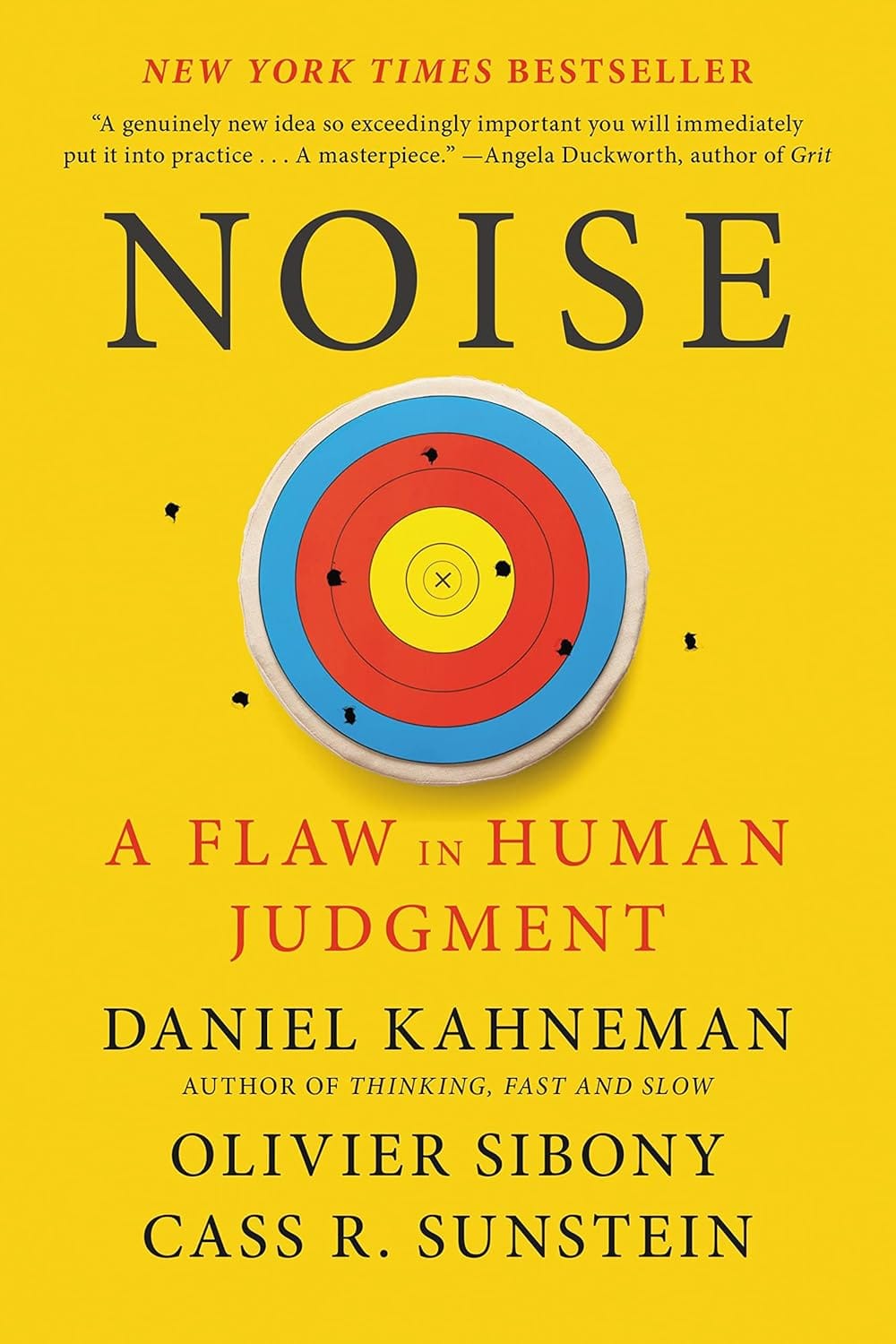Why the Car Lock Horn Sound Should Be Outlawed

In a world increasingly concerned with mental well-being, environmental awareness, and quality of life, one small but persistent nuisance continues to go unchecked: the horn sound used by cars to signal locking and unlocking. You’ve heard it—early in the morning, late at night, in the middle of a quiet street or outside your apartment window. That sharp, jarring “beep-beep” that announces to the world someone has locked their vehicle.
This sound may seem harmless, even helpful. But in reality, it’s a widespread contributor to urban noise pollution, a sleep disruptor, and a sign of inconsiderate design that's long overdue for change.
The Real Cost of That “Beep-Beep”
Let’s be clear: car horns were designed as safety tools, to alert others in emergencies or prevent accidents—not as convenience features. Using them as a status signal for vehicle locking has blurred that line and created a normalized form of unnecessary noise pollution.
Here’s why this practice needs to stop:

Noise by Daniel Kahneman
From the Nobel Prize-winning author of Thinking, Fast and Slow and the coauthor of Nudge, a revolutionary exploration of why people make bad judgments and how to make better ones—"a tour de force” (New York Times).
1. It Disrupts Sleep and Mental Health
In residential neighborhoods, especially in densely populated urban areas, people often park on the street near homes, apartments, or nursing facilities. A single horn blast might not seem like much, but repeated over hundreds of cars each day—and night—it creates a constant, unpredictable disturbance. For shift workers, parents of newborns, and light sleepers, these seemingly minor interruptions can seriously degrade sleep quality and increase stress.
2. It’s a Misuse of the Horn
The primary purpose of a car horn is to prevent accidents or alert others of imminent danger. Using it to announce that a car is locked is an abuse of this function. What was intended as a safety measure has been repurposed into a convenience feature that contributes nothing to actual safety.
3. There Are Quieter Alternatives
Many modern vehicles already offer silent or low-decibel options for lock confirmation: visual signals like flashing lights, soft chirps, or vibrations on a connected key fob. Even if an audible signal is necessary, it doesn’t need to sound like a warning siren. A low-decibel “shrimp” sound—think of a subtle chime or whisper-like tone—could achieve the same purpose without startling people or disturbing the peace.
4. It’s Often Abused Thoughtlessly
Let’s not pretend this is always accidental. Some drivers hit the lock button multiple times, either out of habit or to show off their alarm system. Others double-click it in rapid succession, creating a quick barrage of horn sounds that serve no real purpose. These drivers may not be aware—or may not care—about how disruptive their actions are.
What Should Be Done?
It’s time to consider real legislative or regulatory steps:
- Outlaw the use of standard horns as lock/unlock indicators.
- Mandate quieter confirmation sounds, or offer silent default settings.
- Encourage automakers to implement visual or haptic feedback mechanisms.
The same way cities are moving to reduce light pollution or engine idling, noise pollution should be addressed with equal seriousness. It’s not just about peace and quiet; it’s about respect for community well-being.
Final Thoughts
The solution is neither expensive nor difficult to implement—automakers can redesign alert systems, and regulations can nudge manufacturers in the right direction. It's a simple step with a significant impact. If we can send a rocket to Mars, surely we can figure out how to lock a car without waking up the entire block.
Let’s end the era of the beep-beep, and usher in a quieter, more considerate world—one lock at a time.

Member discussion